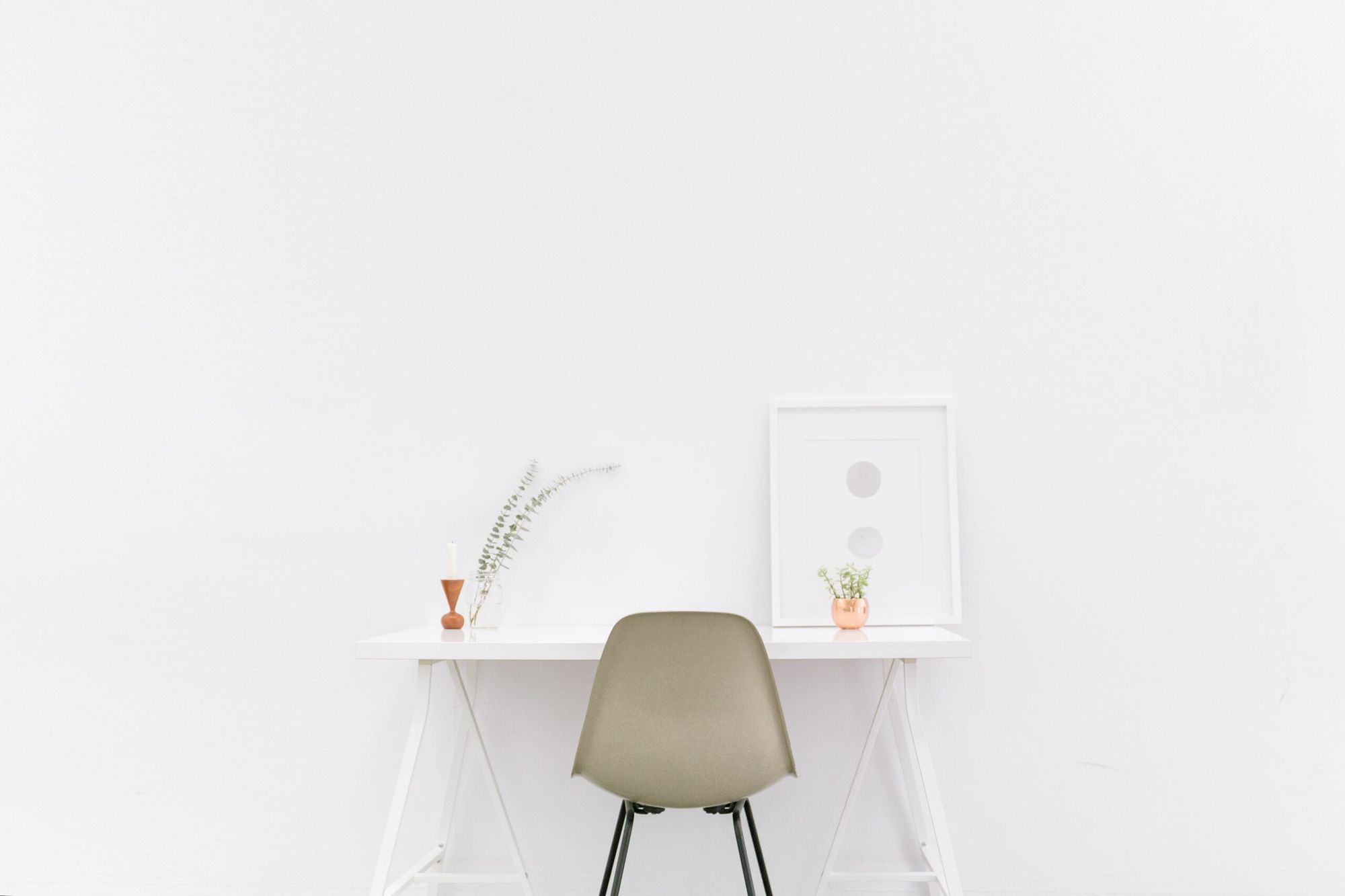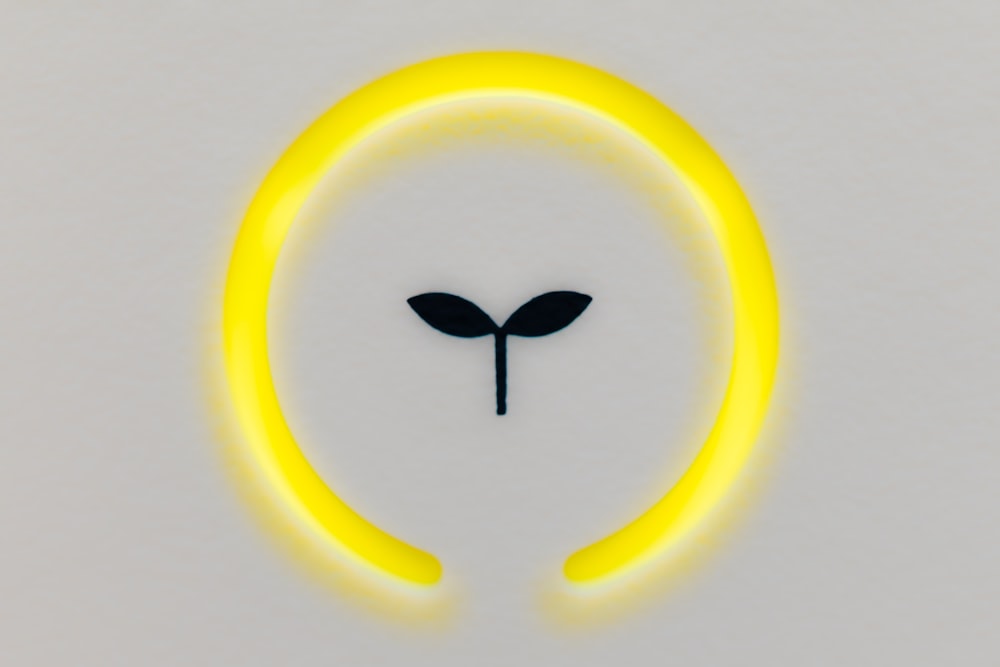
If there weren’t so many benefits to living the minimalist lifestyle, less people would be minimalists, because becoming a minimalist is not easy for everyone. For many people, adopting the minimalist lifestyle requires ruthless decluttering, discarding unnecessary items, and learning to live with less.
When you decide to become a minimalist, it means you’re deciding to live with less. You’ve learned that less is more, and that owning fewer possessions simplifies life. Minimalism can allow you to lead a more intentional, purposeful life.
When you live as a minimalist, you’re very selective about your belongings. Rather than having excess belongings, unnecessary material items, duplicate items or a bunch of junk, you only have belongings that serve a purpose. In order for a minimalist to keep something in their home, it should provide value, spark joy, or must be a necessary and essential item.
Minimalists actively choose to only keep what’s important to them, and therefore live a simpler life that allows them to be more organized, much more tidy, and much more at peace.
Below are some benefits of the minimalist lifestyle:

Save Time and Energy
With a tidier environment and less clutter, you’ll be more organized, you’ll be more clean, and you’ll know where things are without wasting time trying to find things. By owning fewer items, there’s less time spent cleaning, and clean-ups can be a breeze when you’re preparing your home to have guests over.
Getting Dressed is Simplified with the Minimalist Lifestyle
Minimalists often have very simple, organized and strategic capsule wardrobes that allow them to get dressed super quickly and easily, while still looking like a dime.
The capsule wardrobes that many minimalists have contains only basic neturals in high-quality materials, well-cut and well-fitting tops in neutral colors that match anything, and a few pairs of pants or skirts. When you live the minimalist lifestyle, you don’t have to fret over what to wear since you don’t have to dig through an overstuffed closet. As a result, you have more time for the activities that matter to you.
Save Money
Fewer items and less shopping mean you get to save more money. You end up realizing that instead of buying possessions, you can invest in experiences that help you bond with your family. Minimalism makes you more choosy and discerning. You end up buying material items much less often, leaving more money for your savings account, more money for travel, and the ability to save for your retirement or your child’s education.

You’re More Eco-Friendly
Choosing a minimalist lifestyle is being a good steward of the planet. When you buy less, you also use less. Reducing your consumption is good for the planet. You create less waste and there’s less carbon footprint. The minimalist lifestyle also promotes recycling, upcycling, and donating to those in need.
You’re Cultivating an Attitude of Gratitude
When you learn to live with less, you end up being more grateful for the things you have. You appreciate more when you have less. It’s also easier to appreciate your blessings when you don’t have a lot of clutter or unnecessary material items to distract you.
You Become Better at Decision-Making
Those who lead a minimalist lifestyle have learned how to be cutthroat and decide with conviction. When you’ve decluttered and taken stock of all your belongings to assess if you need them, decision-making becomes so much easier. Whether it’s choosing what to make for dinner, what book to read, or deciding which hobbies to pursue, you have become better at making purpose-driven decisions as a minimalist.
Improve Your Well-Being
The less possessions you have, the less chaotic your surroundings are. Thus, minimalism can equate to less stress and anxiety. It feels nice to have less stuff, a cleaner space, better organization, and a minimalist environment. There’s something about being a minimalist that can definitely help you find more inner peace.
Is Minimalism Right For You?
Becoming a minimalist might not be easy, but it could be worth it. For many people, it’s tough to discard excess belongings, difficult to let go, challenging to adjust, and generally very tough to learn how to become a minimalist. However, many people are glad they rose to the challenge and became one.
If you’re a fashionista who loves different outfits and accessories, you may fret at the thought of creating a small, highly-selective capsule wardrobe. Similarly, people who love collecting books or other memorabilia may frown at the minimalist philosophy, and have trouble parting with their collection. However, minimalism doesn’t mean discarding what you love. If anything, it promotes keeping valuable things that bring joy into your life. You can still keep select clothing items that spark joy, and you can still keep some of your favorite books, but you must be selective.
If you want to become a minimalist but you’re not sure you have the organizational skills it requires to transform your home into a minimalist home, it may have something to do with your genetic makeup. After all, your DNA can impact your organizational abilities. Take a CircleDNA test to find out if you may have genetic conditions such as ADHD that can impact your ability to be clean and organized.
Keep in mind even if you’re in the habit of messiness and disorganization, you can still become a minimalist. It will simply be more challenging for you than it would be for someone who has it in their DNA to be clean and organized. However, all you have to do is commit and decide you’re going to rise to the challenge. It’s not too late for you to create a peaceful home and adopt the minimalist lifestyle habits. It starts with a simple mindset shift and a commitment to this new and perhaps much healthier lifestyle.






